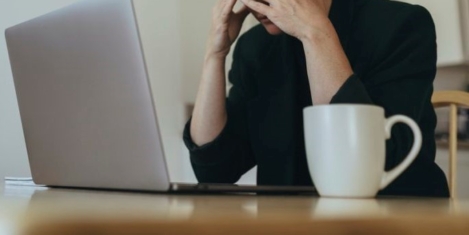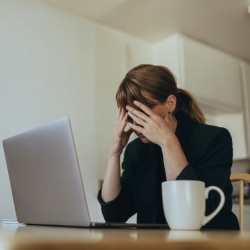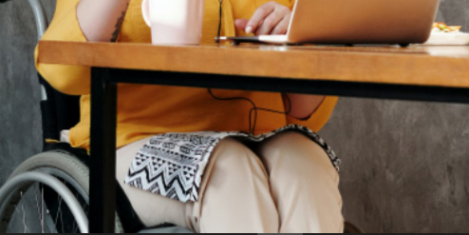To provide the best experiences, we use technologies like cookies to store and/or access device information. Consenting to these technologies will allow us to process data such as browsing behaviour or unique IDs on this site. Not consenting or withdrawing consent, may adversely affect certain features and functions.
The technical storage or access is strictly necessary for the legitimate purpose of enabling the use of a specific service explicitly requested by the subscriber or user, or for the sole purpose of carrying out the transmission of a communication over an electronic communications network.
The technical storage or access is necessary for the legitimate purpose of storing preferences that are not requested by the subscriber or user.
The technical storage or access that is used exclusively for statistical purposes.
The technical storage or access that is used exclusively for anonymous statistical purposes. Without a subpoena, voluntary compliance on the part of your Internet Service Provider, or additional records from a third party, information stored or retrieved for this purpose alone cannot usually be used to identify you.
The technical storage or access is required to create user profiles to send advertising, or to track the user on a website or across several websites for similar marketing purposes.
 New research from Fellowes Brands claims to reveal the ‘alarming’ impact enforced remote work is having on the mental wellbeing and physical health of the nation. Over a third (35 percent) of UK workers admit feeling stressed or anxious, lonely and isolated (32 percent) and tired or lacking in energy (38 percent), while working from home during lockdown. The study is based on a survey of 1,000 UK office workers who had worked from home for at least four months. (more…)
New research from Fellowes Brands claims to reveal the ‘alarming’ impact enforced remote work is having on the mental wellbeing and physical health of the nation. Over a third (35 percent) of UK workers admit feeling stressed or anxious, lonely and isolated (32 percent) and tired or lacking in energy (38 percent), while working from home during lockdown. The study is based on a survey of 1,000 UK office workers who had worked from home for at least four months. (more…)






 Almost half of UK businesses have seen an employee move on because their mental health wasn’t being looked after, with a quarter losing a key member of their workforce, according to new
Almost half of UK businesses have seen an employee move on because their mental health wasn’t being looked after, with a quarter losing a key member of their workforce, according to new 
 When Donald Trump was
When Donald Trump was 
 In a recent
In a recent 
 Despite the last-minute extension of the furlough scheme, new research conducted among UK business leaders claims that great concern remains around making redundancies and in particular the legal risk. The survey of over 440 UK business leaders, conducted by employment law and HR support firm
Despite the last-minute extension of the furlough scheme, new research conducted among UK business leaders claims that great concern remains around making redundancies and in particular the legal risk. The survey of over 440 UK business leaders, conducted by employment law and HR support firm 
 New research published by
New research published by 




 A vast majority of managers (75 percent) faced challenges with employees when working remotely, causing concerns within businesses preparing for the second UK lockdown.
A vast majority of managers (75 percent) faced challenges with employees when working remotely, causing concerns within businesses preparing for the second UK lockdown. 
 Workers have become less open about their mental health struggles since the coronavirus outbreak because of fears they could lose their jobs if they speak up, claims new research from the
Workers have become less open about their mental health struggles since the coronavirus outbreak because of fears they could lose their jobs if they speak up, claims new research from the 
 A new study by independent job board,
A new study by independent job board, 







December 15, 2020
Preparing for a mental health epidemic is a shared responsibility
by Sheena Pirbhai • Comment, Wellbeing